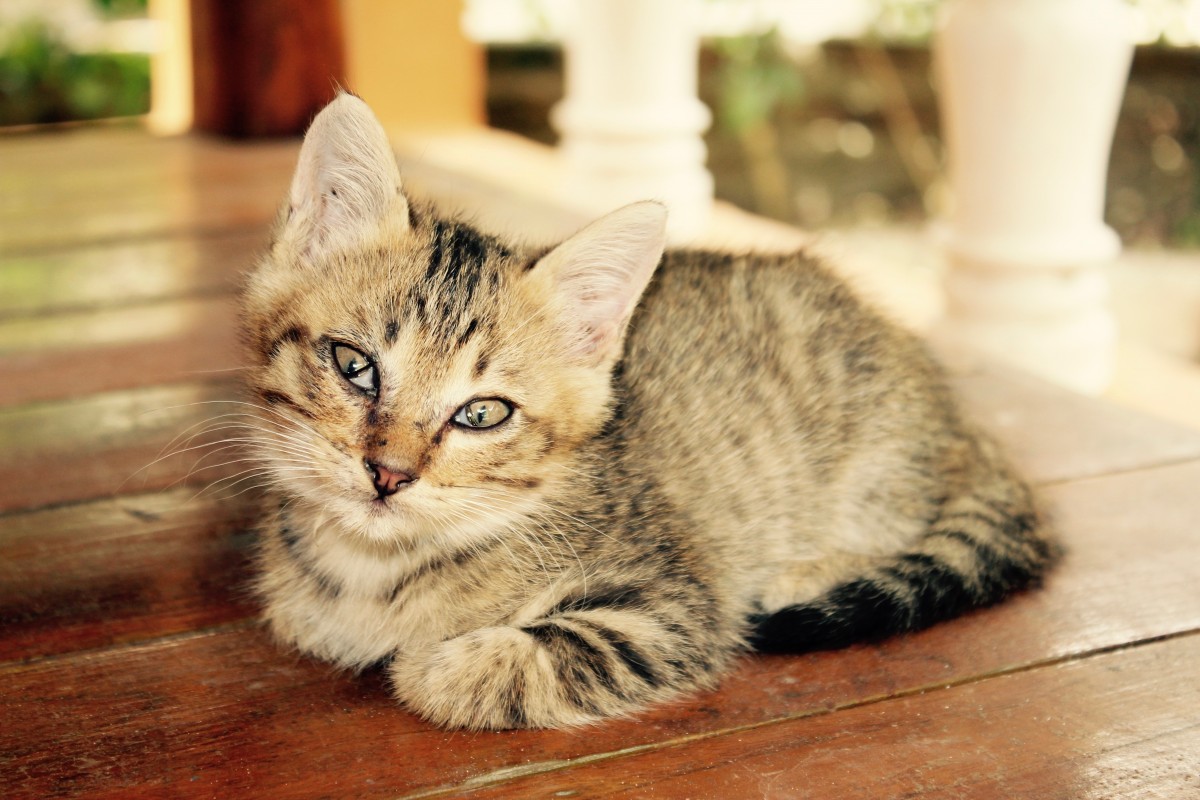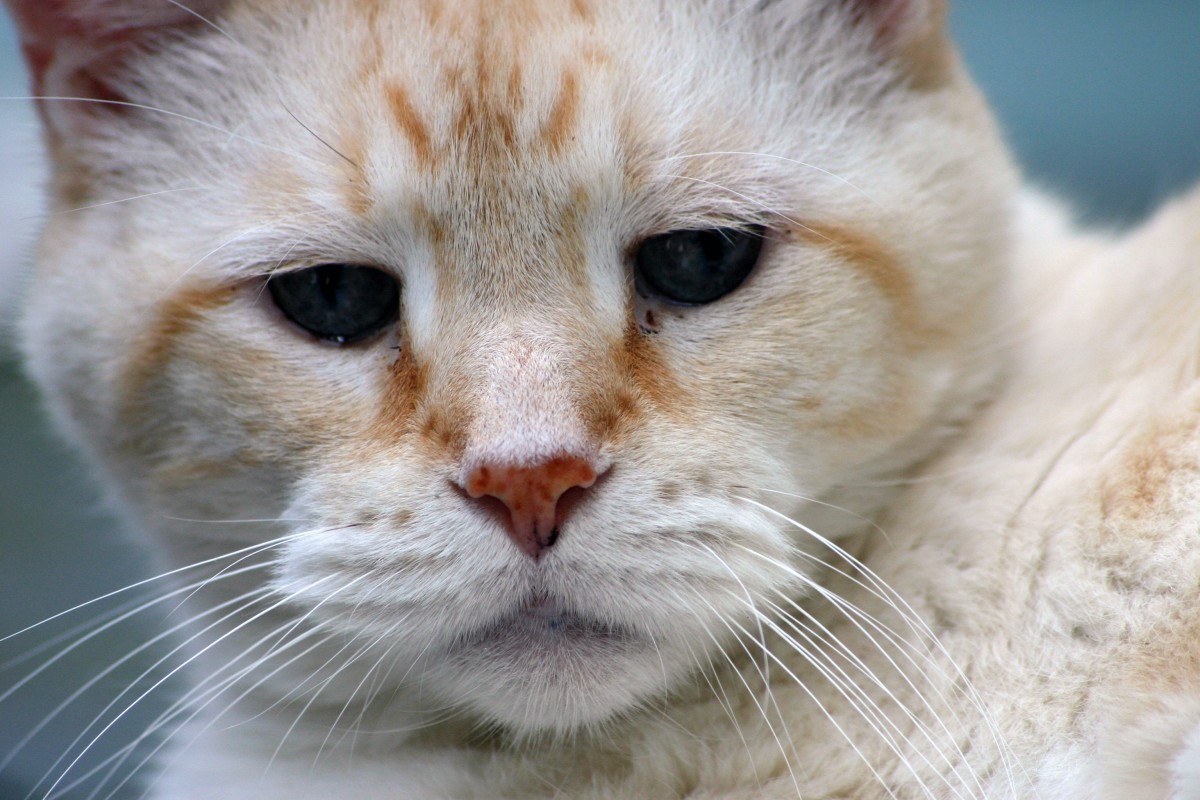How to Feed a Senior Cat
Contents
– Age and aging of the cat
– Senior cat nutrition: characteristics
– Kibbles, food, homemade food: what to choose for an older cat?
The diet of an older cat must meet different quality criteria, just like the diet of a kitten, a neutered cat, or a pregnant cat. Older cats do not eat like other cats: adapting their food will help them avoid many problems associated with old age.
Age and aging of the cat
Determining that your cat is now a “senior” is not easy. It will depend on his health, his breed, or his lifestyle. Generally, a cat is estimated to become senior around 7-10 years old. This marks the beginning of a particular vigilance on his food and drink. Indeed, as they age, cats can develop diseases specific to their age:
– a chronic renal insufficiency;
– oral and dental affections;
– tumors;
– bone and muscle degeneration
– cardiovascular diseases;
– diabetes mellitus.
Some of these diseases can be delayed or even prevented, and their symptoms reduced, thanks to an adapted diet.
Feeding the elderly cat: characteristics
For the good health of the elderly cat, we advise, in its diet :
– to increase vitamin C, which protects against oral diseases;
– increase vitamin E, which reduces the effects of aging by limiting the production of free radicals;
– increase the energy intake and palatability of the kibbles to compensate for the decrease in appetite and assimilation capacity;
– to give softer kibbles (or to wet them with broth or water) to avoid pain when chewing;
– to decrease the level of phosphorus;
– avoid foods that acidify the urine, as they promote the formation of stones.
Depending on the cat’s weight, between 30 and 75 g of kibble can be given daily.
Good to know: the energy needs of older cats decrease by 20% compared to adult cats, so you must be careful not to overfeed your pet so that it does not become obese.
Kibble, homemade food: what to choose for an older cat?

As they age, many cats develop kidney and urinary problems. In this case, kibble may no longer be suitable for their condition. Indeed, as they do not contain water, the cat does not have enough liquid intake for its condition. In this case, it is necessary:
– Either opt for kibbles specially designed for older cats. They should be moistened with water or broth to facilitate their absorption. And you will provide your cat with a water fountain, allowing him to drink more easily.
– Or gradually change his diet by switching to food.
Pâtée has advantages and disadvantages for the elderly cat:
– It is much richer in fat than kibble and, for this reason, is not very suitable for the needs of the elderly cat.
Conversely, food can be an excellent way to administer medication easily for cats requiring lifelong medical treatment.
– Finally, for cats with dental problems, food will help them avoid pain or not want to eat.
Regardless of the food choice (dry or wet), wide varieties of specific products are available to provide excellent quality of life for your older cat. It is, of course, advisable to choose quality brands specialized for each cat’s age. This will increase the cost of your cat’s food but will anticipate health problems and expenses at the veterinarian’s office, which are often expensive.
Read more:
– 6 Easy Steps to Bathe Your Cat;
– Behavioral Differences in Domestic Cats.

7 thoughts on “How to Feed a Senior Cat”